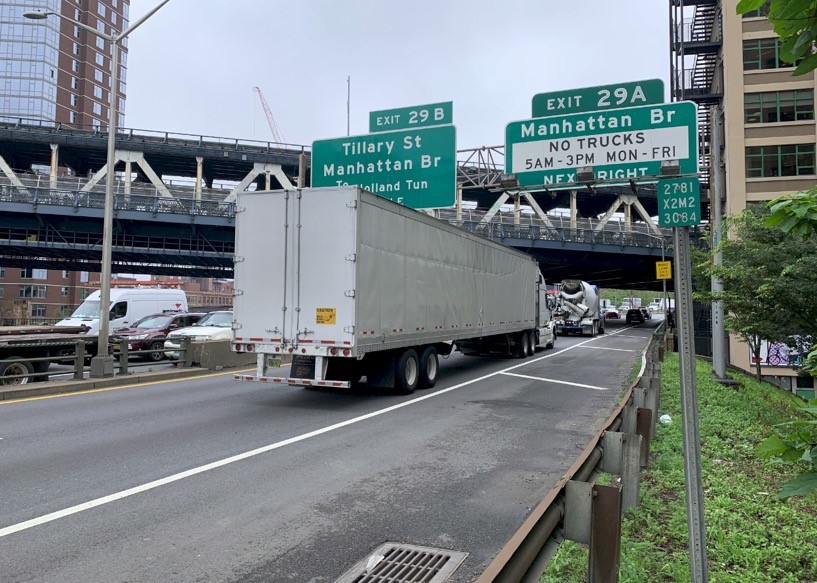Increasing Work Zone Safety: Worker behavioral analysis with integration of wearable sensors and virtual reality
Through wearable sensors and realistic representations of work zones in virtual reality, we plan to collect worker behavioral and physiological (heart rate) responses to warnings issued under various realistic scenarios and various warning mechanisms.








